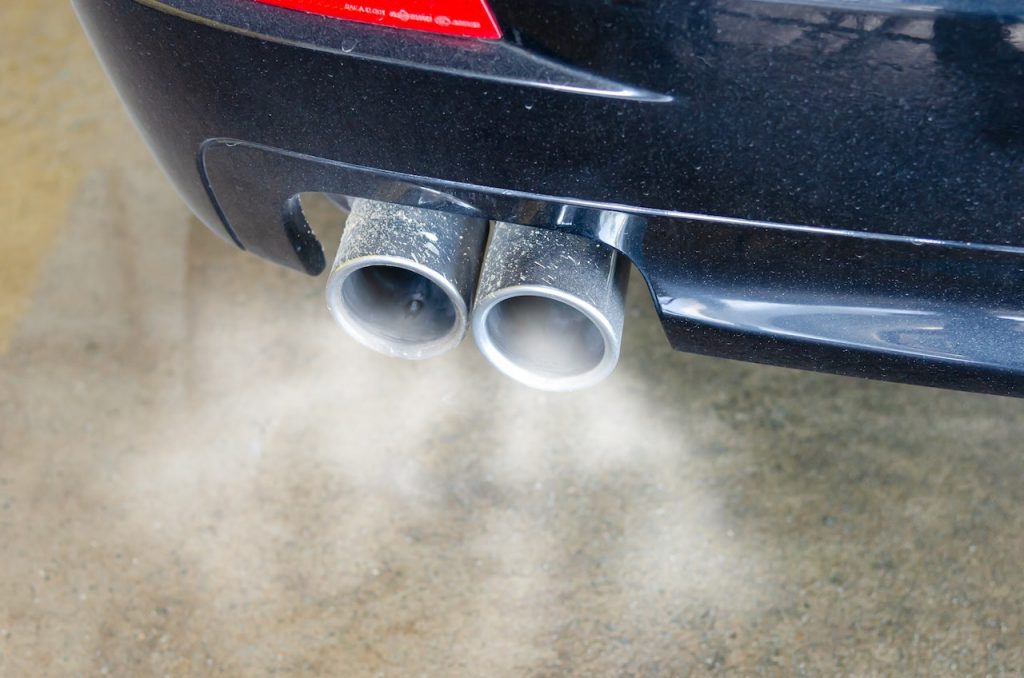A Senate vote has blocked Republican efforts to overturn California’s plan to ban the sale of new gasoline-powered vehicles from 2035, preserving the state’s authority to enforce stricter emissions standards under the federal Clean Air Act. The move follows a failed attempt to use the Congressional Review Act to nullify California’s exemption, though a similar measure may still advance in the House of Representatives within a limited time window.
The exemption, which dates back to the Nixon administration, allows California to adopt more stringent vehicle emissions standards due to its long-standing air quality problems. According to The New York Times, California was granted this flexibility because it historically suffered from the worst air pollution in the nation. The state’s ability to regulate vehicle emissions more aggressively has made it a national leader in clean transportation policy.
See also: California’s EV Charging Network Surpasses Gas Stations as Infrastructure Expands
“For decades, California has used the authority given to us by Congress and President Nixon to set world-leading clean car and truck standards that promote innovation, grow our economy, and protect our communities from smoggy skies,” said Governor Gavin Newsom in a statement. “We’re glad to see the Senate reject the Trump Administration’s unprecedented effort to bend the law by trying to repeal our standards through the Congressional Review Act.”
Efforts to revoke California’s exemption were introduced under the Congressional Review Act, a mechanism that permits Congress to nullify agency rules within 60 legislative days of their enactment. The current window to overturn the regulation, which was finalized in December, is rapidly closing.
See also: California Allocates $33 Million to Expand Clean Mobility Options in Underserved Communities
Senator Alex Padilla of California, a Democrat, also welcomed the Senate’s decision, stating: “This latest stunt from Trump’s E.P.A. was a clearly bogus attempt to undercut California’s climate leadership, and it failed.” He added, “In passing the Clean Air Act on an overwhelmingly bipartisan basis, Congress explicitly granted California the ability to set more stringent vehicle emissions standards to protect public health from California’s unique air quality challenges.”
The clash is part of a broader political divide over environmental regulation. The Trump administration previously attempted to strip California of its waiver, and similar tensions are expected to persist if Donald Trump returns to the White House. The state’s electrification plans, while supported by the Biden administration, are likely to face renewed pressure in a second Trump term—particularly as key advisors like Elon Musk continue to play a role in shaping federal policy.
